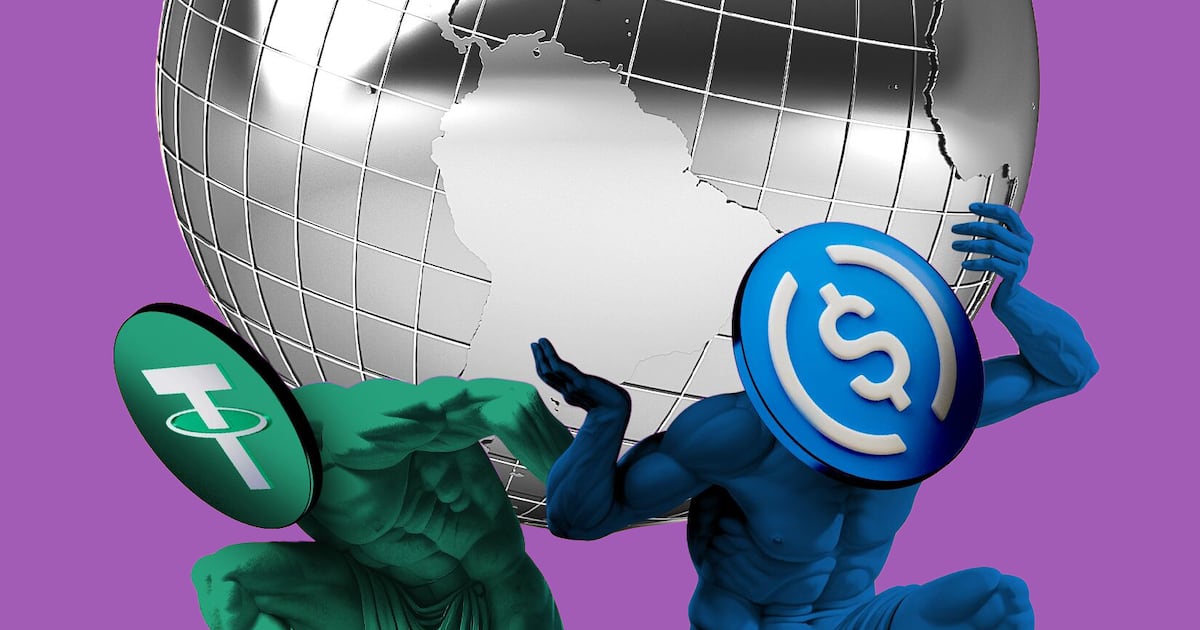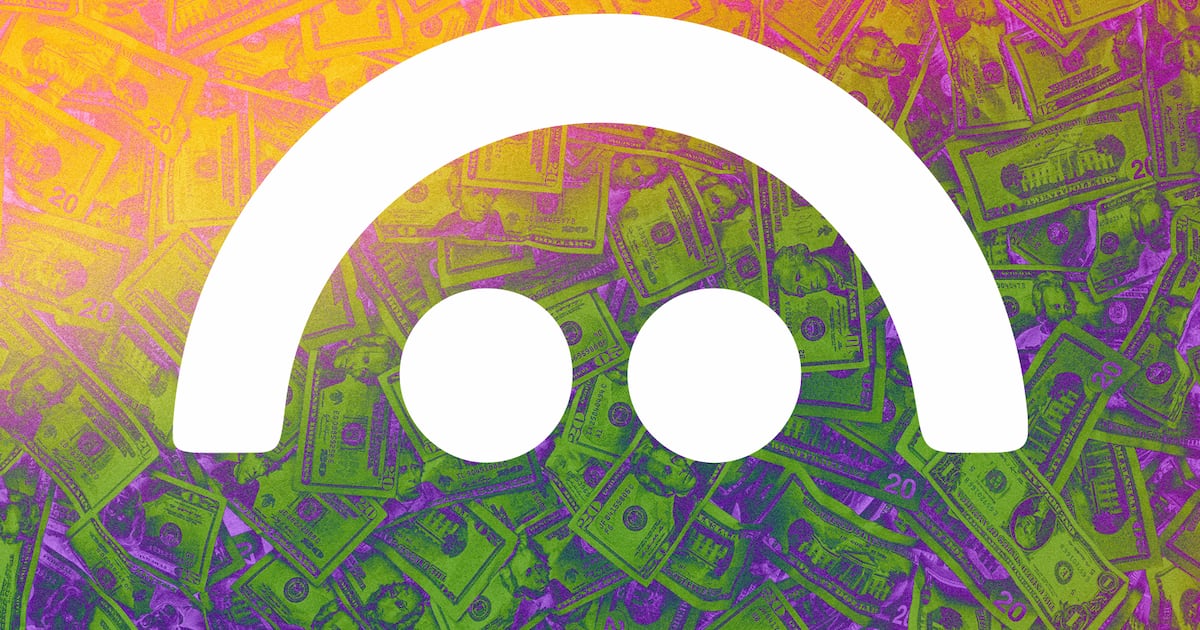- The Decentralised
- Posts
- Crypto and the underbanked 🏦
Crypto and the underbanked 🏦
Crypto can’t serve the underbanked until it solves its credit problem.
GM, Aleks here.
Crypto isn’t just for high-net-worth traders with an appetite for risk, but can also help the poor, according to the industry and its cheerleaders.
Take US Representative Ritchie Torres, a Democrat from the Bronx, who took to the stage at a conference hosted by Ripple earlier this month to wax lyrical about how blockchain has the potential to “liberate the lowest income from the long delays and high fees of the traditional financial system.”
Now, crypto venture capital firm Paradigm is promoting that narrative with a new report —“Bridging the Gap: How Crypto Expands Financial Access for America’s Underbanked” — that’s based, in part, on interviews with 11 crypto users.
Before we continue, let’s note two things.
First, given that the Pew Research Center’s data suggests that 17% of the 342 million people in the US have used crypto, this would mean this survey represents 0.00001% of crypto users in the States.
Secondly, the interviewees aren’t exactly a portrait of the down-and-out: Eight have a college degree or higher. And its definition of “underbanked” — “a banked person who uses nonbank products … to meet core financial needs” — appears overly broad. Would splitting the cheque for dinner with Venmo make me an underbanked American?
Nevertheless, it arguably provides a useful window into people’s feelings about the legacy financial system and the ways crypto can improve upon it.
For example, 10 of the 11 said they used crypto in part because they distrusted traditional banks.
“They doubted banks would process transactions reliably, keep accounts open, or avoid freezing funds without cause,” Paradigm writes.
Several respondents found international transfers much easier with crypto.
One said it solved his issues accepting cross-border payments. Another said it saved his grandmother’s life — crypto transfers enabled him to quickly pay for her emergency medical services in West Africa.
To be sure, it’s in Paradigm’s interest to push this narrative.
Congressional Democrats are the biggest obstacle to industry-friendly legislation. They fear it will undermine century-old legislation intended to protect retail investors.
Perhaps they’ll come around if they see crypto the way Torres does — as a way to liberate those same investors from the clutches of predatory banks that have become Too Big to Fail.
But the narrative has its flaws. Banks don’t just facilitate transfers. They also provide credit. It’s how regular people buy homes, start businesses. But borrowing crypto is quite difficult if you don’t have money already.
Lending protocols are typically overcollateralised. That means borrowers must put up assets worth more than the crypto they’re borrowing.
Lending is the largest sub-sector in DeFi, with more than $64 billion in total value locked, according to DefiLlama data.
Uncollateralised lending? That’s in 48th place, with just $14 million in invested assets. That is likely an undercount, but not by much.
New protocols are trying to fix this. In September, Wildcat Labs raised $3.5 million to fund its mission to make “private credit public” via peer-to-peer undercollateralised lending.
“Wildcat started out with the joking slogan of ‘Banking, but worse,’” it wrote when it announced the raise. "Now, we're going to start taking bites out of banking itself.”
But it doesn’t allow individual borrowers, and it doesn’t check for creditworthiness, putting the burden of due diligence on its lenders.
Another upstart, 3Jane, has taken a different approach and also enjoyed modest success — its deposits have grown almost tenfold, to $19 million, over the past week.
The protocol lets users borrow USDC against their real-world credit scores. Perhaps this will bring crypto lending to the masses.
The only hitch? Before they can borrow, they have to connect their bank accounts.
Alas, the unbanked will have to continue waiting for an alternative to the legacy financial system.
Top DeFi stories of the week 🤖
Latest from DL Research
This week in DeFi governance ⚖️
Post of the week 💥
The internet was nigh unusable this morning. But that didn’t affect unstoppable, censorship-resistant financial applications, right?
Got a tip about DeFi? Reach out at [email protected]
DL News is an independent news organisation that provides original, in-depth reporting on the largely misunderstood world of cryptocurrency and decentralised finance. From original stories to investigations, our journalism is accurate, honest and responsible.
Forwarded by a friend? Subscribe here.











